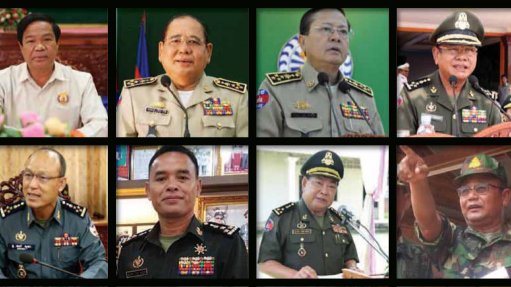
Under Prime Minister Hun Sen, Cambodia is in a human rights freefall. Despite the strong human rights provisions in the 1991 Paris Peace Agreements and the 1993 constitution—and billions of dollars in development aid, including a plethora of technical assistance devoted to the rule of lanetw, judicial reform, and human rights—the country is rapidly reverting towards a one-party state.
The speed of the collapse of even the patina of democracy and basic rights has been startling. Over the past year alone the opposition Cambodia National Rescue Party (CNRP) has been dissolved and the official leader of the party, Kem Sokha, jailed on spurious treason charges. The founding leader of the CNRP, Sam Rainsy, was convicted yet again on trumped-up charges in multiple criminal cases; to avoid imprisonment he has been in exile since 2015. His successor, Kem Sokha, was arbitrarily arrested in September 2017 and remains in prison.
In September 2017 the Cambodia Daily was forced to close, while in May 2018 the owners of the Phnom Penh Post were coerced by the government into selling the paper to a Malaysian company with ties to Hun Sen. The government has ordered FM radio stations to stop broadcasting news produced by Radio Free Asia (RFA) and the Voice of America (VOA); two former RFA journalists have been arbitrarily detained and accused of espionage simply for providing information to a foreign news organization. Critical voices have all but disappeared from the country’s media. Five staff members of the highly regarded Cambodian Human Rights and Development Association (ADHOC) were jailed and now are out on bail awaiting trial on politically motivated charges. Human rights organizations and other critics of the government have responded by self-censoring to avoid being targeted.
Report by the Human Rights Watch